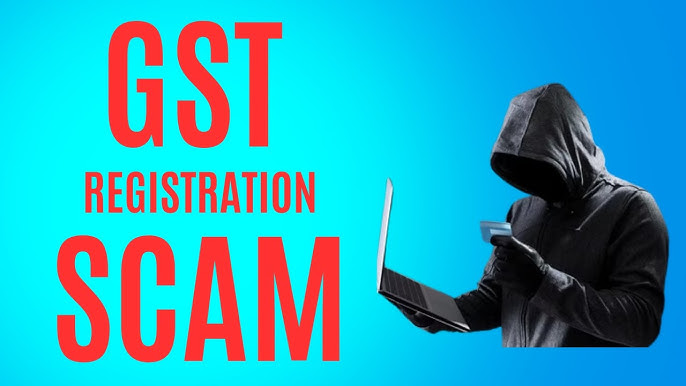
Hyderabad, October 06: A massive Rs 1,400 crore GST evasion scam has come to light, with shocking revelations that Rs 400 crore of this evasion is allegedly linked to the Telangana Beverages Corporation Limited (TGBCL), a state-run entity. The scam, uncovered by the Commercial Tax Department, has sparked widespread concern, as the involvement of publicly owned entities in such evasion activities raises serious questions about oversight and accountability.
Public Sector Involvement Raises Concerns
The inclusion of TGBCL in the list of entities accused of tax evasion has led to widespread scrutiny. As a public entity, TGBCL cannot engage in bribery or corrupt practices through official means. This has raised eyebrows as to how such an organization could have been allowed to evade tax payments. Speculation is rife about whether individuals within or outside the organization could have illicitly profited from the scam.
Additionally, other prominent public entities have been named in the FIR, including GHMC (Greater Hyderabad Municipal Corporation), TRANSCO (Transmission Corporation of Telangana), LIC (Life Insurance Corporation of India), L&T Metro Rail, Telangana Technological Services (TGTS), and Telangana Fibre Net Corporation. The involvement of these major institutions points to a wider and deeper issue of systemic tax evasion.
The key questions now center around how these allegations will unfold, who might have benefitted, and what loopholes allowed such massive evasion to occur in publicly funded entities. Investigations are expected to probe deeply into these questions, potentially revealing further mismanagement or fraud.

TGBCL’s Defense: Transparent Operations
In defense of its operations, sources within TGBCL maintain that the corporation’s payment mechanisms and operations do not allow room for manipulation or evasion. According to insiders, payments made by TGBCL are fully accounted for through the State Bank of India (SBI) treasury account. The end customers—who are retailers—make payments in the form of challans to the Finance Department treasury, after which they collect an indent, which is verified by TGBCL’s software before the release of stock.
All payments to suppliers, including breweries and distilleries, are also routed through the Finance Department treasury, ensuring that all income remains within the government system. Payments are allocated under specific heads, such as VAT and excise duties, which remain within government accounts. Officials have highlighted that no liquid cash is involved in these transactions, and all corporate expenses, including employee salaries and pensions, are paid through grant-in-aid by the Finance Department.
Crucially, TGBCL insists that it has neither assets nor liabilities, as these were transferred to the government, further limiting its capacity for financial manipulation.


Ongoing Investigations and Probes
Despite TGBCL’s reassurances, the corporation has become embroiled in multiple investigations. Three separate probes have been launched, led by the Crime Investigation Department (CID), the Enforcement Directorate (ED), and a high-powered committee headed by a former commissioner of the Commercial Tax Department. These investigations are expected to scrutinize the corporation’s financial records and procedures to determine if any malpractices occurred.
TGBCL has, as of yet, not received any formal notice from the government regarding the alleged Rs 400 crore GST evasion. However, the extensive scope of the ongoing investigations suggests that further revelations may be imminent.
The Role of Central and State GST Officials
In a related development, central GST officials have addressed a letter to their state counterparts, demanding a share of the recovered GST. The central authorities are seeking Rs 700 crores from the overall evasion amount, as their due share under the central GST structure. Additionally, they have requested a detailed list of businesses and entities involved in the scam, further tightening the net around the accused parties.

Excise Department’s Proposal
Another significant outcome of the ongoing investigations has been a reported proposal from the Excise Department. They are pushing for the VAT income generated from liquor sales to be categorized under their own department’s financial head within the Finance Department. Currently, this revenue is part of the broader finance accounts, but the Excise Department argues that the income is generated entirely through the efforts of their staff and should therefore be recognized under their budget. This move could potentially change how VAT from liquor sales is accounted for in Telangana’s financial records.

Conclusion
The alleged GST evasion scam, particularly the involvement of public sector entities like TGBCL, is a major scandal in Telangana. With multiple investigations underway and the central government demanding its share, the case is poised to have widespread implications for how public corporations and government entities are monitored and regulated in terms of tax compliance. How these revelations unfold in the coming weeks could have a significant impact on the public’s trust in the state’s financial governance and transparency.


